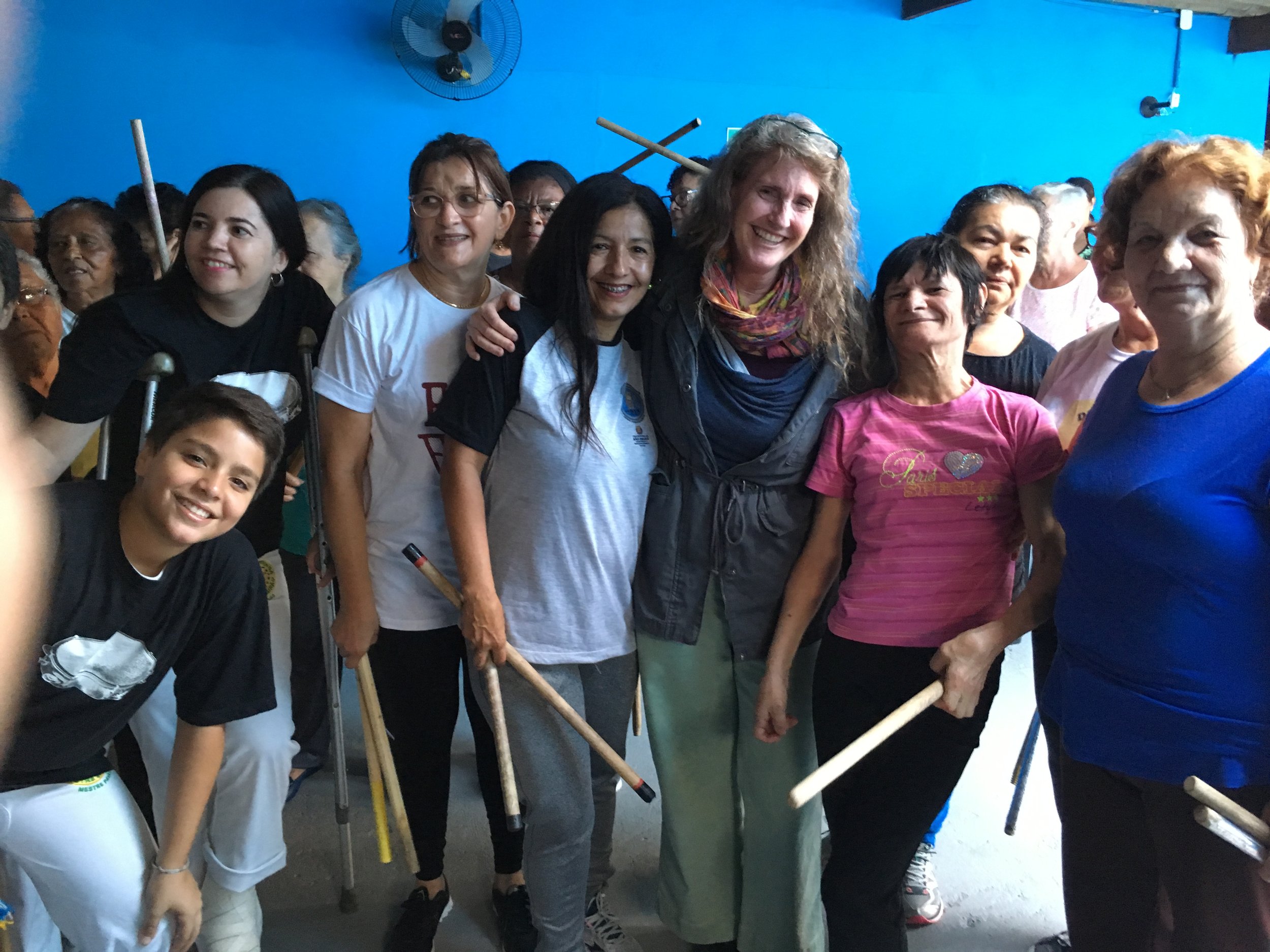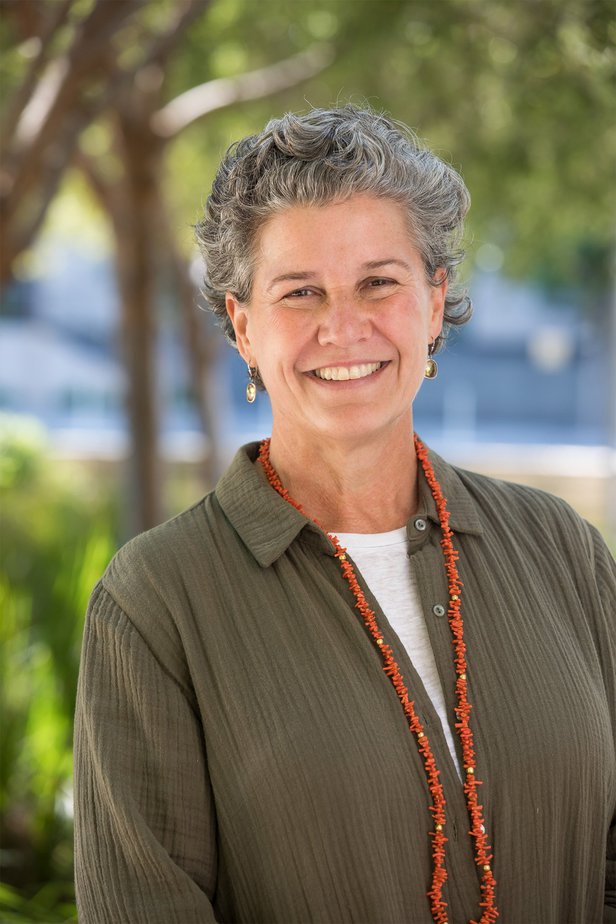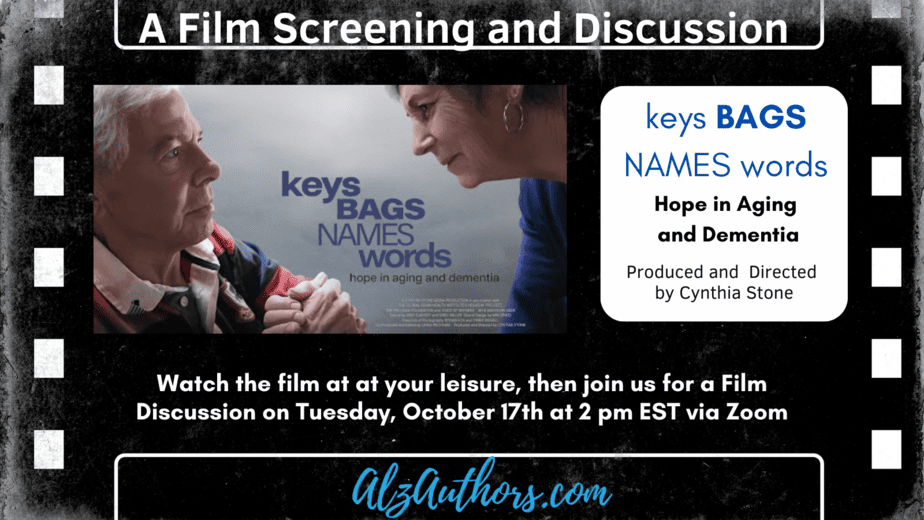By Marianne Sciucco, New York, USA
AlzAuthors is pleased to present Keys Bags Names Words, a documentary film about hope in aging and dementia. You’re invited to watch the 85-minute documentary at your leisure, then join us for a film discussion on Tuesday, October 17, 2:00 pm – 3:00 pm EST, via Zoom. Award-winning filmmaker, producer and director Cynthia Stone and Caroline Prioleau, UCSF Memory and Aging Center and the Global Brain Health Institute, will attend the discussion to answer questions and offer insights.
About the Film
As global populations age, the number of people living with dementia grows, tripling by 2050 to 152 million—overwhelming families, communities, public health care systems and economies worldwide. Keys Bags Names Words is a hopeful and inspiring lens portraying stories of both the personal and global impacts of Alzheimer’s disease and other forms of dementia, while following a cohort of young scientists and artists from around the world as they harness creativity, humor, and compassion to lead the way towards hope and resilience.
The film is intended to create a shift:
- A shift in thinking among those who have dementia from hopelessness to optimism and action for a higher quality of life
- A shift for carers from loss and despair to connection
- A shift towards prevention and knowing how to keep our brains healthy
- And a shift that comes from real people sharing their experiences—the funny, the angry, the sad, the powerful—and finding ways we can be less afraid and more inclusive
The Inspiration Behind the Film
The inspiration for Keys Bags Names Words came from the “hear/say” oral history project that is part of the Global Brain Health Institute (GBHI) based at the University of California, San Francisco, and Trinity College Dublin. The wide range of personal stories in the project provided the basis for this hopeful and moving look at families around the world and how they approach aging and brain health.
Director Cynthia Stone sees the film as an inspiring testament to the human spirit, and its purpose to serve as an advocacy tool. “We want to give people tools to connect,” Stone says, “to lessen stigma, to care for their own brain health, and to see the extraordinary work being done to address this global challenge.”
What to Expect
Keys Bags Names Words shows intimate profiles of people living with dementia and their care partners. You’ll meet doctors discussing what you can do in your life to support brain health and prevent cognitive decline. And you’ll meet musicians and artists, scientists, and policy experts from around the world engaged in a bold approach to tackle a leading global challenge for health and social care in the 21st century, dementia, and brain health. This film is not a lament to loss, but an inspiring celebration of the human spirit.
How to Watch the Film
- FIll out our registration form
- After registering, you will receive the link to view the film
- The link will be valid through 10/17
- After watching the film, attend the discussion; you’ll receive the link to the Zoom meeting the day before
About Cynthia Stone

About Caroline Prioleau
 Caroline Prioleau co-leads the hear/say oral history project that focuses on collecting and sharing personal stories about the experience of aging, dementia, and caregiving. The hear/say team teaches classes and workshops and has produced two books of stories, with more to come. The project focuses on ethically collecting, preserving, and sharing these stories – which is how the film got started.
Caroline Prioleau co-leads the hear/say oral history project that focuses on collecting and sharing personal stories about the experience of aging, dementia, and caregiving. The hear/say team teaches classes and workshops and has produced two books of stories, with more to come. The project focuses on ethically collecting, preserving, and sharing these stories – which is how the film got started.
About the Global Brain Health Institute
The Global Brain Health Institute (GBHI) is dedicated to protecting the world’s aging populations from threats to brain health by bringing together a powerful mix of disciplines, professions, backgrounds, skills, perspectives, and approaches to developing new science-based solutions. GBHI is based at the University of California, San Francisco, and Trinity College Dublin.
Register for screening link and film discussion
Questions? Email marianne@allhomecarematters.com


